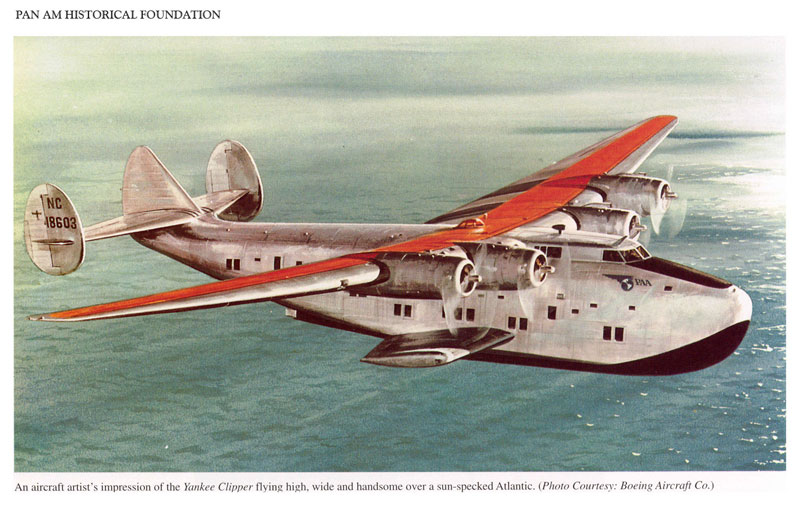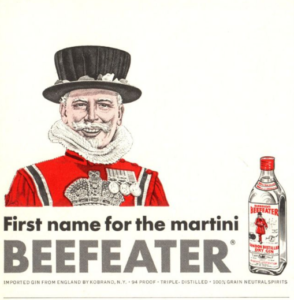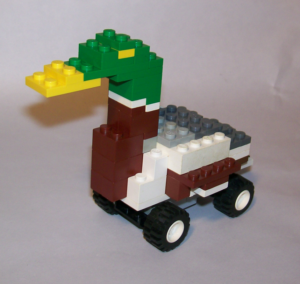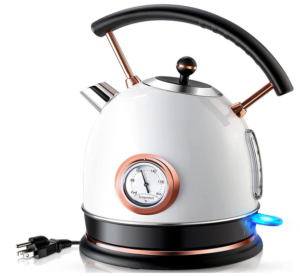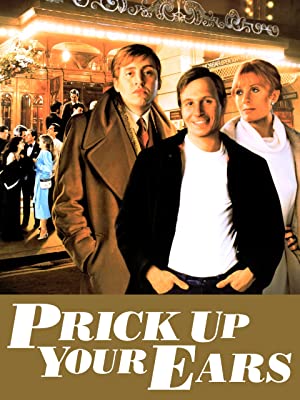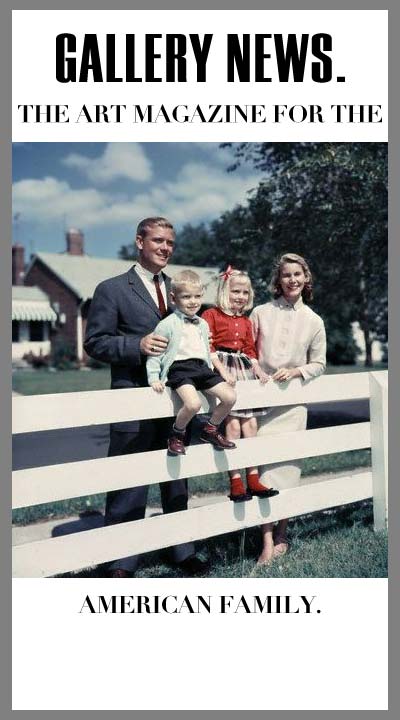This is an old blog post from an old blog. I don’t want to point the common herd to the sensitive matters therein, so I’ll copypasta this whole thing instead.

May 4th, 2006
Monday night I was flying to JFK from Heathrow and exhausted my reading material before we passed Newfoundland. I found Caddyshack listed on the in-flight movie menu, but everytime I looked for it on the assigned channel I got a mid-80s Molly Ringwald turkey instead. And I’d already seen the Narnia movie and the documentary about the German submarine. So I idly scrolled through the channels and came to rest at I Love Lucy.
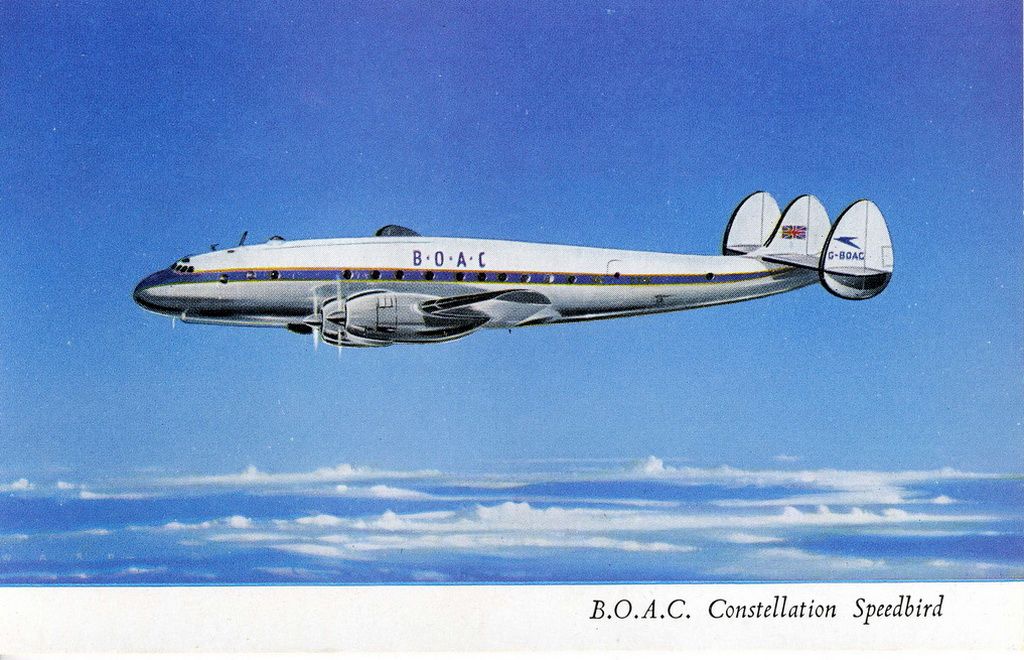
It was an old episode. No, I mean really old, one of the early ones from the first (1951-52) season…Lucy and Ricky (and Fred and Ethel) as the broadest of broad comic characters, before they got backstory and nuance and visited Hollywood and Europe.
In fact, it was THE classic episode, the first one that pops into your mind, the one where the men and women “switch jobs.” They don’t literally switch jobs (Ricky was the only character who had real employment anyway), rather they switch breadwinner-homemaker roles. Ricky and Fred cook in the kitchen while Lucy and Ethel get assembly-line jobs in a candy factory. I’d seen this a million times–well, a dozen–but this time was utterly fascinated by all the details and subtexts and social propaganda.
1. The appliances in the Ricardos’ kitchen are bright and obtrusive. They aren’t just mute background furniture (like the succession of Macintosh computers you see in Jerry Seinfeld’s place). There’s a matched washer-dryer pair, and neither looks ever to have been used. There’s the distinct air of a TV commercial for Maytag or RCA Whirlpool. Message: “If your kitchen doesn’t look like this, well for heaven’s sake make it so. You can buy them now, you know. War production’s been over for six or seven years.”
2. Elsewhere there’s a real postwar look to the whole thing. Everybody’s fifteen or twenty pounds overweight, and they’re all over-upholstered. Wide lapels, big shoulders and skirts. Showing off one’s bounty, you know. Now that the war’s over we can do that.
3. The effects of war on social roles are much in evidence. A man wears a suit and brings home the bacon, a woman wears frilly clothes and hangs out at home. Anything else is eccentric and laughable.
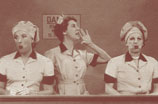 4. Women getting jobs means putting on waitress uniforms (like Mildred Pierce) and working on an assembly line (like Rosie the Riveter). Roz Russell career girls? Never heard of ‘em. If Ethel and Lucy got decent jobs, that would undercut the premise of the humor, which is that women in the workplace are pitiable fish out of water.
4. Women getting jobs means putting on waitress uniforms (like Mildred Pierce) and working on an assembly line (like Rosie the Riveter). Roz Russell career girls? Never heard of ‘em. If Ethel and Lucy got decent jobs, that would undercut the premise of the humor, which is that women in the workplace are pitiable fish out of water.

